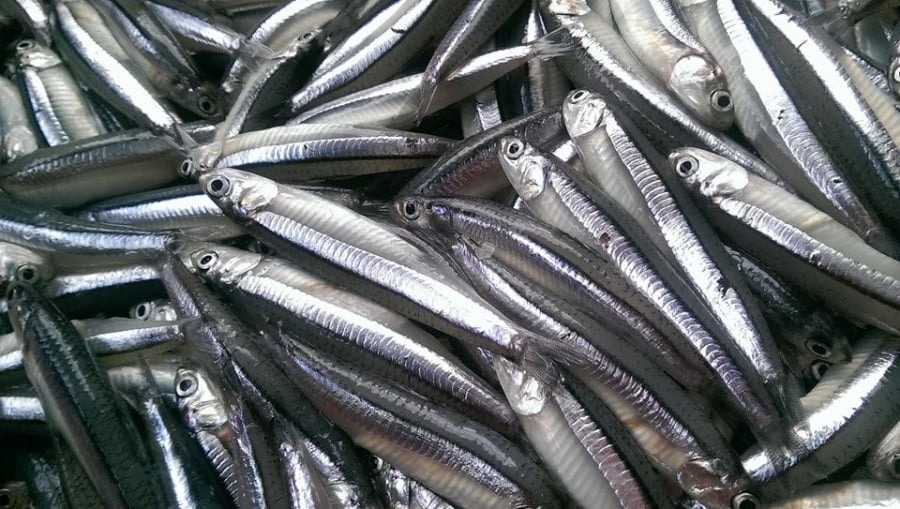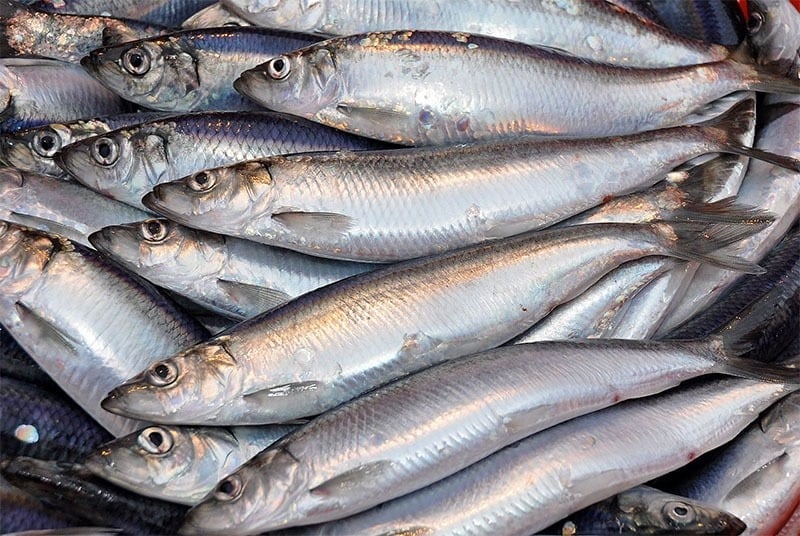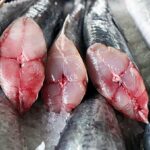Sardines
Sardines, or ca com in Vietnamese, are small, slender fish commonly found near coastal areas. Despite their diminutive size, sardines pack a nutritional punch. They’re an excellent source of protein, minerals, and vitamins A and D, as well as omega-3 fatty acids, all of which contribute to a healthy diet.

Sardines: Small but Mighty, Often Found Near Coastal Waters
Catfish
Catfish, adaptable to both freshwater and saltwater environments, provide important omega-3 fatty acids for brain, heart, immune, and eye health. They’re also a good source of vitamin B12, essential for DNA synthesis and maintaining normal blood cell function.
Herring
Herring boasts tender meat and is rich in protein and calcium, benefiting muscle and bone health. It also contains vitamins A and D, both vital for overall bodily health.

Herring: Tender Meat, Abundant in Protein and Calcium
Mackerel
Mackerel is not only rich in unsaturated fatty acids but also low in saturated fats, helping to reduce the risk of cardiovascular disease. It supports balanced blood sugar levels, reduces visceral fat, and contains anti-inflammatory compounds that alleviate pain and stiffness in the joints.
Tuna
Tuna is a familiar and beloved component of many diets, offering abundant selenium, vitamin B12, and omega-3 fatty acids. This combination provides a multitude of health benefits.
Pilchards
Pilchards are a fantastic source of omega-3 fatty acids, protein, calcium, magnesium, phosphorus, zinc, and various other nutrients. They also contain vitamin B12, crucial for cardiovascular health and energy levels, as well as vitamin D, which supports bone health.
Cod
Cod provides omega-3 and omega-6 fatty acids and is rich in vitamins B12, B6, E, A, and C. It also contains phosphorus, potassium, selenium, and important trace minerals. With its lean meat and low-calorie content, cod is an ideal choice for those watching their weight.





































